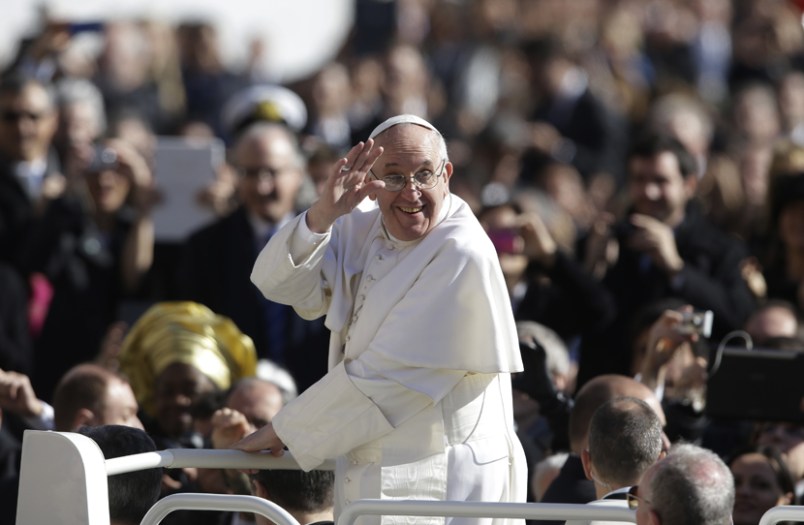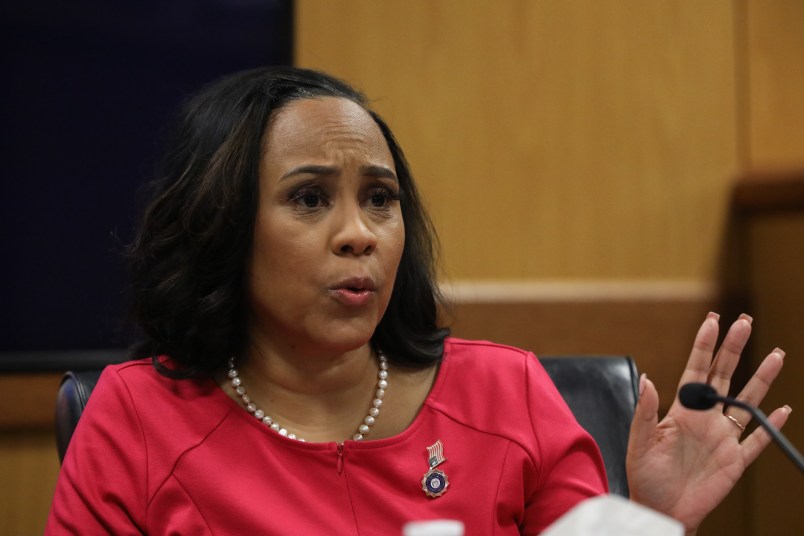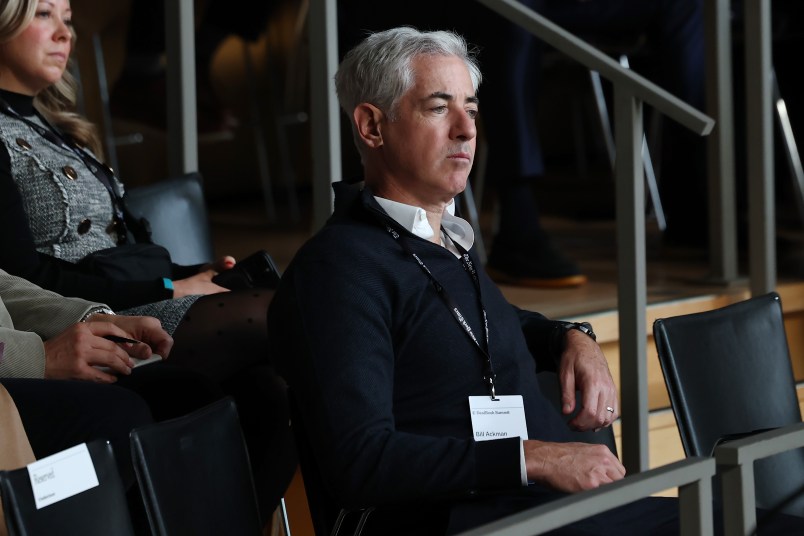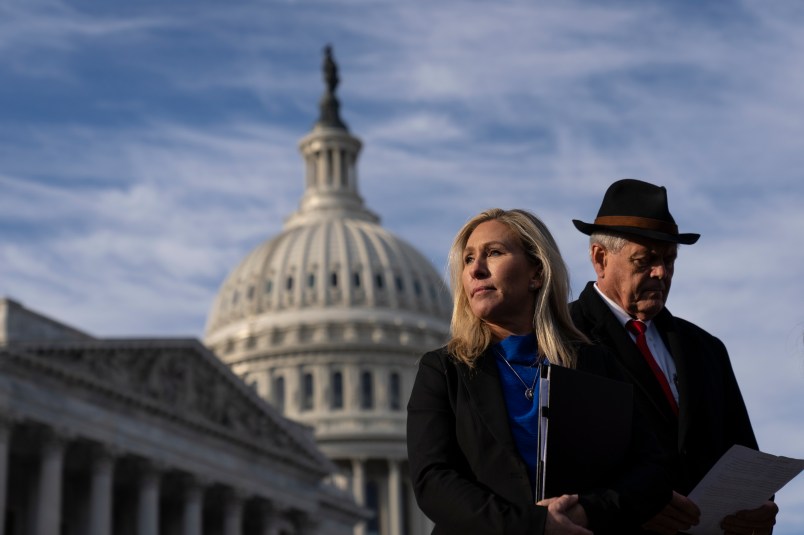VATICAN CITY (AP) — Pope Francis overhauled the laws that govern the Vatican City State on Thursday, criminalizing leaks of Vatican information and specifically listing sexual violence, prostitution and possession of child pornography as crimes against children that can be punished by up to 12 years in prison.
The legislation covers clergy and lay people who live and work in Vatican City and is different from the canon law which covers the universal Catholic Church.
The bulk of the Vatican’s penal code is based on the 1889 Italian code. Many of the new provisions were necessary to bring the city state’s legal system up to date after the Holy See signed international treaties, such as the U.N. Convention on the Rights of the Child.
Others were necessary to comply with international norms to fight money-laundering, part of the Vatican’s push toward financial transparency.
One new crime stands out, though, as an obvious response to the leaks of papal documents last year that represented one of the gravest Vatican security breaches in recent times.
Paolo Gabriele, the butler for then-Pope Benedict XVI, was tried and convicted by a Vatican court of stealing Benedict’s personal papers and giving them to an Italian journalist, Gianluigi Nuzzi.
Using the documents, Nuzzi published a blockbuster book on the petty turf wars, bureaucratic dysfunction and allegations of corruption and homosexual liaisons that afflict the highest levels of Catholic Church governance.
Gabriele, who said he wanted to expose the “evil and corruption” that plagued the Holy See, was convicted of aggravated theft and sentenced to 18 months in the Vatican’s police barracks. Benedict eventually pardoned him and he is now a free man.
But his crime devastated the Vatican, shattering the confidentiality that typically governs correspondence with the pope.
In an indication of how serious the Vatican considers such confidentiality, the penalties for violations of the new law are stiff: Anyone who reveals or receives confidential information or documentation risks six months to two years in prison and a â¬2,000 euro ($2,500) fine; the penalty goes up to eight years in prison if the material concerns the “fundamental interests” of the Holy See or its diplomatic relations with other countries.
Judge Giuseppe Dalla Torre, the president of the Vatican tribunal who presided over Gabriele’s trial, acknowledged Thursday that the Gabriele case could be seen as having an influence on the new crime, though he said the crime itself was “irrelevant” to the overall reform.
But the crime of leaking Vatican information never existed before in the Vatican legal system. Sexual crimes did exist, albeit in a general form in the archaic code as a crime against “good customs.”
The new law gives a broader definition of the crimes against children, including the sale of children, child prostitution, recruiting children, sexual violence, sexual acts with children and the production and possession of child pornography.
In the old code, such general crimes would have carried a maximum penalty of three to 10 years, the Vatican spokesman the Rev. Federico Lombardi said. Under the revision, the punishments go from five to 10 years, with aggravating circumstances bringing the maximum up to 12 years, he said.
It considers a minor anyone under age 18, and allows Vatican prosecutors to pursue the case on their own even if the victim or his or her guardians choose not to make a criminal complaint.
Dalla Torre stressed that just because such acts are illegal now doesn’t mean they were legal before. It merely means that, 100 years ago, child pornography was not specified as a crime in either the Italian legal code or the Vatican’s.
_____
Follow Nicole Winfield at www.twitter.com/nwinfield
Copyright 2013 The Associated Press.










